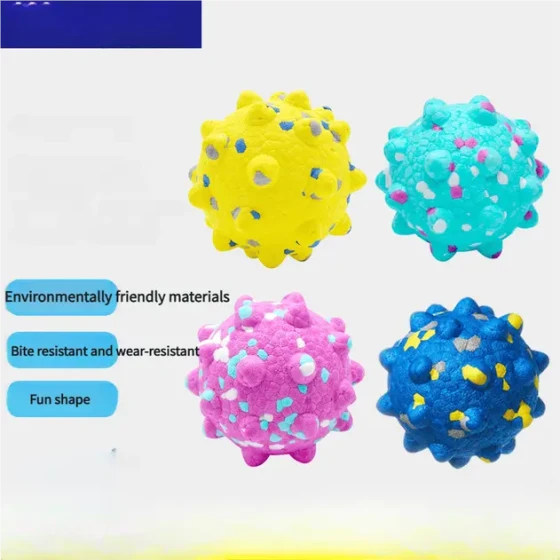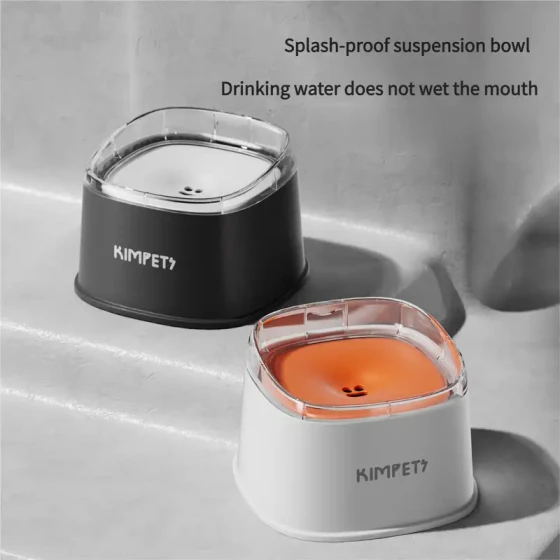What to Do If a Cat Has Diabetes Insipidus?

Canadian Hairless Cat
The pituitary gland secretes antidiuretic hormone (ADH) to promote water reabsorption in the kidneys. If the pituitary gland itself secretes insufficient amounts (central diabetes insipidus), or if kidney abnormalities prevent the antidiuretic hormone from functioning (nephrogenic diabetes insipidus), cats will experience excessive drinking, thirst, urination, and produce large amounts of pale urine. Severe cases can cause dehydration; if water intake is insufficient and dehydration exceeds 10%, it may result in death. Depending on the cause, veterinarians treat with antidiuretic hormone or address the kidney condition. Generally, supplementing appropriate antidiuretic hormone is quite effective for central diabetes insipidus. (Source:PetsZone)





